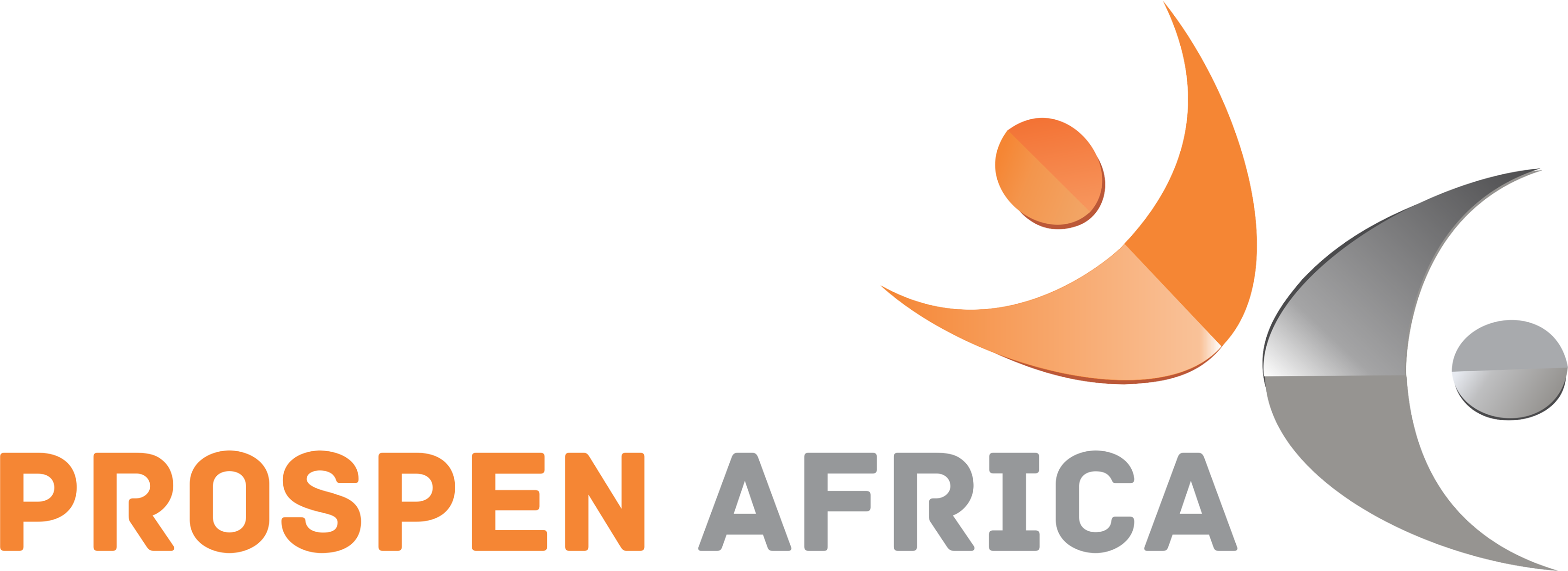This course aims to equip participants with the tools and techniques that power modern finance functions, enabling them to generate pivotal business insights for C-Suite decision-making.

In an intensely competitive landscape, finance professionals must evolve beyond traditional reporting roles to leverage cutting-edge Business Intelligence (BI) and Business Analytics (BA) systems.
This course aims to equip participants with the tools and techniques that power modern finance functions, enabling them to generate pivotal business insights for C-Suite decision-making.
Highlights of the training include
The critical role of the 21st-century finance function
Comprehensive utilization of BI and BA tools by finance professionals
Enhancement of business processes and performance through BI and BA
Foundational and advanced techniques in statistical analysis and forecasting
Mastery of data visualization and infographic creation
Application of agile methodologies in BI and BA system development
Course Objectives
Participants will learn to:
Contextualize financial insights for business process enhancement.
Master the use of Business Intelligence and Analytics systems.
Craft key financial and non-financial performance indicators
Harness predictive analytics tools and techniques
Create compelling graphics for data visualization and infographics.
Who should attend?
This course will benefit finance professionals involved in financial planning, performance reporting, or decision support. It is especially advantageous for:
Finance professionals throughout an organization
Central planning managers
Budgeting and forecasting teams
Commercial managers
Strategic business partners in finance
Training Methodology
Our diverse instructional approaches ensure effective learning:
Lectures & Presentations: Engage with expert-driven, stimulating content.
Course Material: Access well-crafted supporting resources.
Group Work: Collaborate on discussions and case studies for practical insights.
Workshops & Role-Play: Participate in immersive, scenario-based activities.
Practical Application: Focus on applying theoretical knowledge in real situations.
Post-Training Support: Receive extensive support after training for skill implementation.
Training Outline
Module 1:
Understanding Business Models and Business Processes
Value creation for organizational stakeholders
Evolving roles of finance professionals in the 21st century
Insights into business models and processes
Techniques for business process improvement and re-engineering
An introduction to Business Intelligence and Analytics
Foundations of Data-Driven Decision Management (DDDM)
Financial metrics and shareholder value considerations
Establishing key success factors and performance metrics
Module 2
The Essence of Business Intelligence and Analytics
Frameworks for managing business performance
Clarifying the objectives and scope of BI
The evolution of BI systems
Exploring the features, tools, and terminology of BI systems
Defining and detailing the goals of Business Analytics (BA)
Comprehending descriptive and predictive analytics
Exploring the diverse sources and types of BI and BA tools
Module 3
Statistical and Predictive Analytics Principles
Delineating statistical, descriptive, and predictive analytics
Characteristics and design of business databases
Fundamental concepts of distribution and probability theory
Techniques for analysing time-series data
Forecasting trends with moving averages and linear regression
Monte Carlo simulations for predictive modelling in Excel
Crafting ‘what-if’ scenarios for predictive analytics
Module 4
Data Visualization and Infographics for Finance Professionals*
Defining the continuum from data to insight
Distinguishing between data visualization and infographics
Employing charts and graphics for effective data representation
Creating visuals and infographics tailored to non-financial stakeholders.
Utilizing Excel and PowerPoint for dynamic data presentations
The art of designing and using scorecards and dashboards
Best practices for constructing dashboards and mashups in Excel.
Module 5
Implementing BI/BA Systems and Managing Change
Embracing an agile methodology for systems development
Actionable steps for designing and implementing agile BI/BA systems.
Emphasizing the criticality of urgency in system deployment
Proven tactics for facilitating organizational change.
Strategies for mitigating resistance to new system implementations.
Prospen Africa is a leading Accredited Training Provider.
We have been entrusted upon by our clients, small and large, private sector and public sector, to develop their human capital in a range of management and technical fields, using an ever-expanding portfolio of products and services.
Our innovative and diversified skills training courses and Consulting services are designed and delivered by subject matter experts who are competent in providing solutions relevant to this region and applicable to today’s business challenges.
We pride ourselves on our track record and on our long-standing relationships with our clients, many of whom have been with us since we started business.
© 2025 coursetakers.com All Rights Reserved. Terms and Conditions of use | Privacy Policy